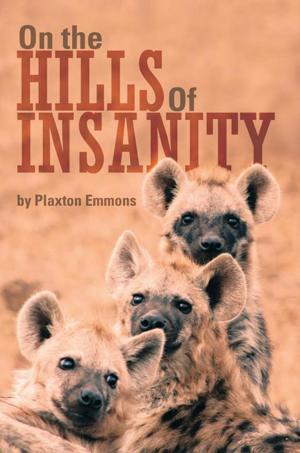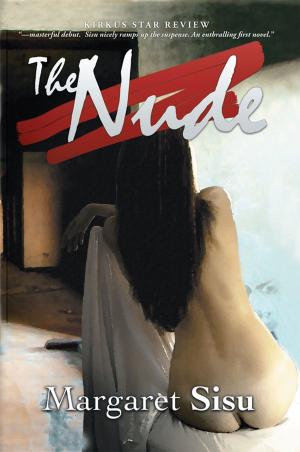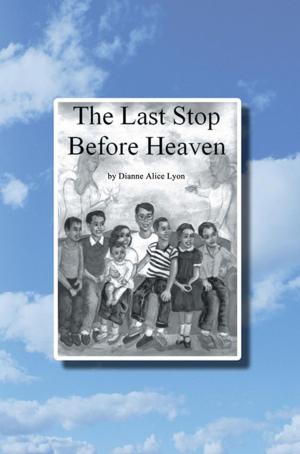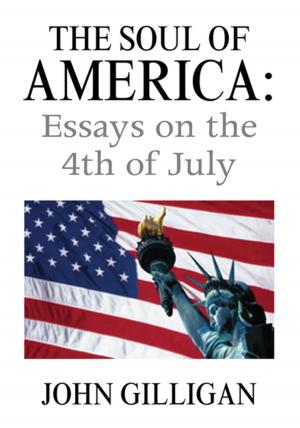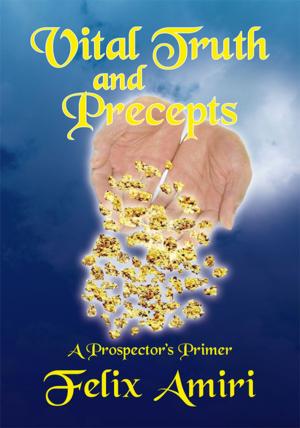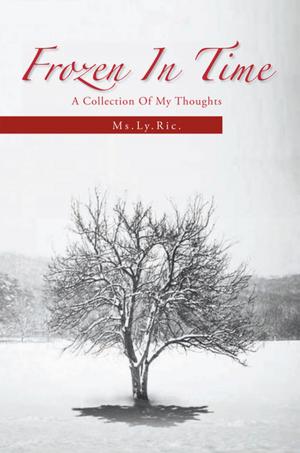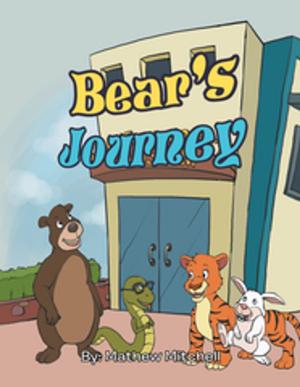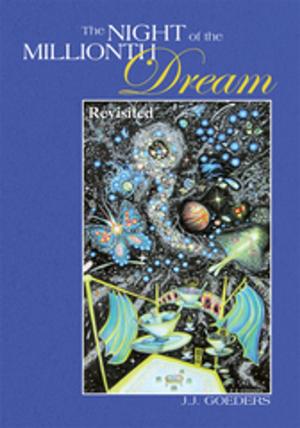Che Guevara's Marijuana & Baseball Savings & Loan
A Novel of the Early Days of the Peace Corps
Fiction & Literature| Author: | Jack Shakely | ISBN: | 9781483649283 |
| Publisher: | Xlibris US | Publication: | June 13, 2013 |
| Imprint: | Xlibris US | Language: | English |
| Author: | Jack Shakely |
| ISBN: | 9781483649283 |
| Publisher: | Xlibris US |
| Publication: | June 13, 2013 |
| Imprint: | Xlibris US |
| Language: | English |
Sex, drugs, revolution and the dawn of the Peace Corps. In 1963 volunteer Jack Harjo sits in the jungles of Costa Rica pondering three questions: is there a greater good; does it apply here; and can you really trademark Panama Red, Acapulco Gold and Maui Wowie? Che Guevaras Marijuana and Baseball Savings and Loan reveals the writer at his artistic best. Jack Shakely captures those rich, wild and crazy 1960s as a Peace Corps Volunteer in Costa Rica, bringing us a deep understanding of all the unexpected, random craziness and adventure that comes to those willing to try and make this a better world. A good writer has to be an even better story teller and Shakely excels at both. He moves us through the life of Jack Harjo, growing up with a mixed-blood Creek Indian father and a talented Anglo newspaper columnist mother in the small Oklahoma town of Ardmore. The bonds that inform and shape Shakely are revealed in the role that his mother and Bob Hogan, the editor of the local newspaper, play in developing his love of language and journalism. The convergence of this love, getting at the truth, and his love of baseball are the three chords that hold this song and story together and make it so engaging. Harjos studies at the University of Oklahoma bring us into contact with the coming-of-age craziness of the era, especially as it applies to a big state university in a small, conservative town. Shakely introduces us to a right-wing conservative politician and weaves him, and his rebellious daughter, into and through the story in a way that makes the reader wonder if this were the 1960s or today. As the story moves into Costa Rica and the upheaval of the 60s in Central America, the reader is given a quick primer on how so many of the pieces of the puzzle fit togetherCastro, Cuba, Nicaragua, poverty, revolutionand how those forces are still at work today. The pure excitement of Kennedy and the creation of the Peace Corps and why it was so widely embraced has never been better explained. Whether this is auto-biographical or pure fiction, we are all better for the quality of writing that Shakely shares with us. You will be rewarded by reading it. Steve Vetter President, CEO Partners for the Americas
Sex, drugs, revolution and the dawn of the Peace Corps. In 1963 volunteer Jack Harjo sits in the jungles of Costa Rica pondering three questions: is there a greater good; does it apply here; and can you really trademark Panama Red, Acapulco Gold and Maui Wowie? Che Guevaras Marijuana and Baseball Savings and Loan reveals the writer at his artistic best. Jack Shakely captures those rich, wild and crazy 1960s as a Peace Corps Volunteer in Costa Rica, bringing us a deep understanding of all the unexpected, random craziness and adventure that comes to those willing to try and make this a better world. A good writer has to be an even better story teller and Shakely excels at both. He moves us through the life of Jack Harjo, growing up with a mixed-blood Creek Indian father and a talented Anglo newspaper columnist mother in the small Oklahoma town of Ardmore. The bonds that inform and shape Shakely are revealed in the role that his mother and Bob Hogan, the editor of the local newspaper, play in developing his love of language and journalism. The convergence of this love, getting at the truth, and his love of baseball are the three chords that hold this song and story together and make it so engaging. Harjos studies at the University of Oklahoma bring us into contact with the coming-of-age craziness of the era, especially as it applies to a big state university in a small, conservative town. Shakely introduces us to a right-wing conservative politician and weaves him, and his rebellious daughter, into and through the story in a way that makes the reader wonder if this were the 1960s or today. As the story moves into Costa Rica and the upheaval of the 60s in Central America, the reader is given a quick primer on how so many of the pieces of the puzzle fit togetherCastro, Cuba, Nicaragua, poverty, revolutionand how those forces are still at work today. The pure excitement of Kennedy and the creation of the Peace Corps and why it was so widely embraced has never been better explained. Whether this is auto-biographical or pure fiction, we are all better for the quality of writing that Shakely shares with us. You will be rewarded by reading it. Steve Vetter President, CEO Partners for the Americas

